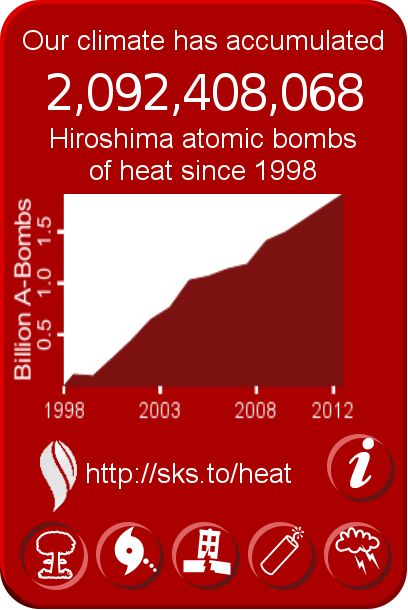http://www.propublica.org/article/new-study-fluids-from-marcellus-shale-likely-seeping-into-pa-drinking-water
New research has concluded that salty, mineral-rich fluids deep beneath Pennsylvania's natural gas fields are likely seeping upward thousands of feet into drinking water supplies.
Though the fluids were natural and not the byproduct of drilling or hydraulic fracturing, the finding further stokes the red-hot controversy over fracking in the Marcellus Shale, suggesting that drilling waste and chemicals could migrate in ways previously thought to be impossible.
From PNAS article highlights:
Natural hydraulic pathways may have implications for shale gas drilling
Natural hydraulic pathways, unrelated to recent shale gas drilling and hydrofracking, connect deep underlying brine formations to various shallow drinking water aquifers in Pennsylvania, and may increase the risk that these drinking water sources become contaminated with stray gases or deep brines from drilling, a study reports. Avner Vengosh and colleagues analyzed the geochemistry of 426 shallow groundwater samples and 83 deep brine samples to look for possible mixing between deep Appalachian brines and shallow groundwater. The authors examined water from three principal northeastern Pennsylvania aquifers and categorized the water based on its salinity and chemical constituents. The presence of similar chemical and isotopic constituents in some shallow aquifers and deep formation brines suggested that their waters intermixed, probably through naturally occurring pathways, causing groundwater salinization in some locations




